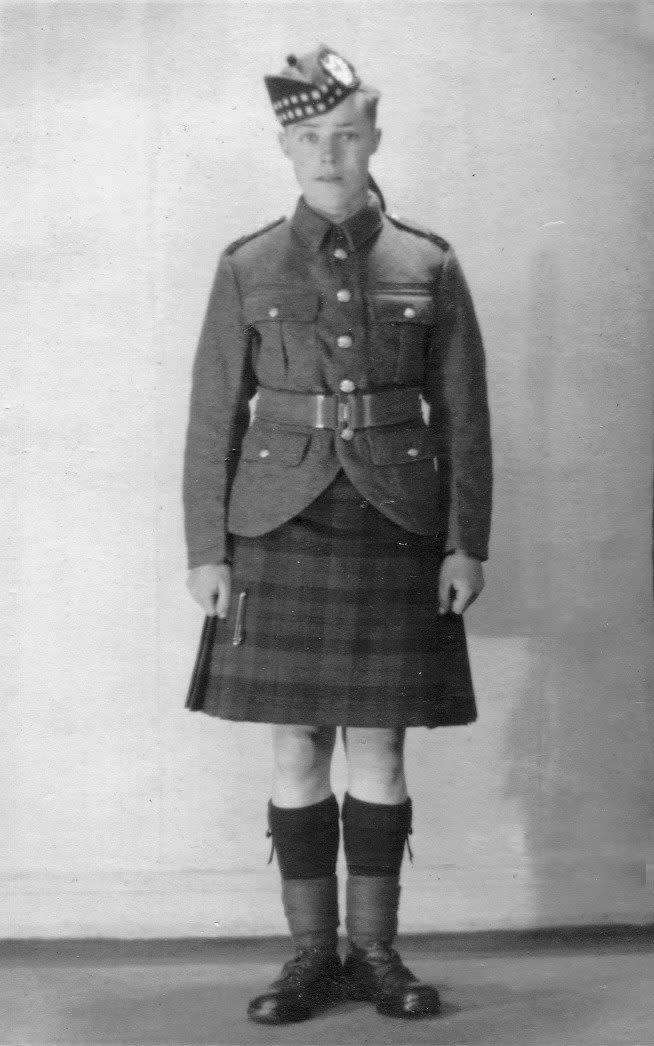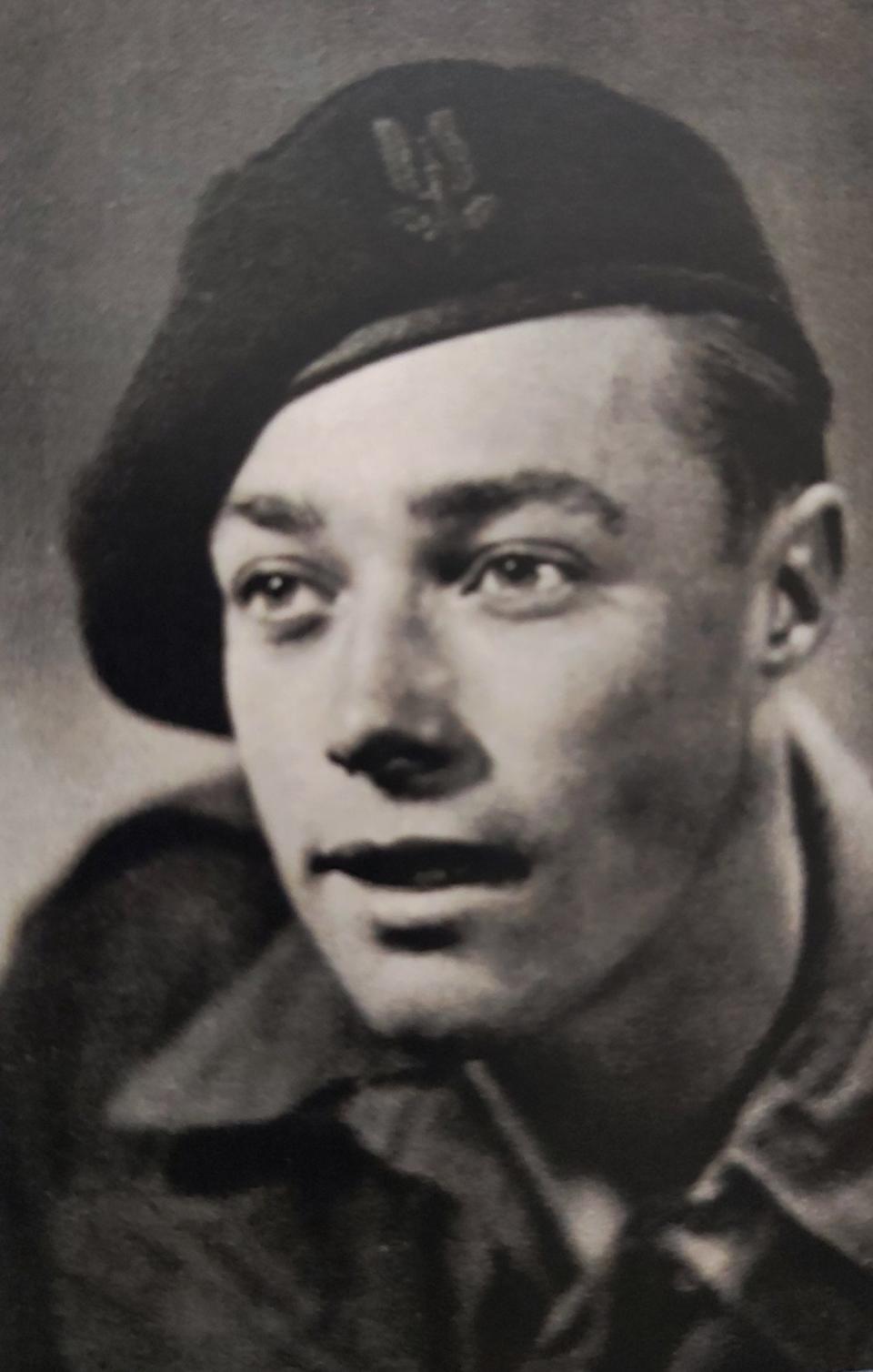Alec Borrie, early recruit to the SAS who landed in France post D-Day – obituary

Alec Borrie, who has died aged 98, was one of the one of the last surviving original members of the Special Air Service (SAS).
Alexander Campbell Borrie, always known as “Alec”, was born in a maternity home in Soho Square, London, on August 17 1924 and educated at Crayford Central School, Kent.
He left school aged 14 to become a carpenter and joiner and worked for Vickers, the engineering company. But the job was undemanding and, in 1942, he decided to become a soldier.

After joining the Gordon Highlanders, he transferred to the Highland Light Infantry and was stationed in the Orkney Islands. Early in 1944 he volunteered to join the SAS and was interviewed by Lt-Col “Paddy” Mayne. How did he feel about killing people, Mayne asked. “I haven’t done it yet,” replied Borrie, who had been given no information about the Regiment’s future role, “but I think I will manage.”
There was rigorous training on the Scottish moors, including endurance and initiative tests. He was often dropped by truck 40 miles from base with orders to return by the following morning. It was impossible to walk that distance in the time so it often meant stealing a bicycle. The police had the job of going to the camp to retrieve “borrowed” property and returning it to their owners.
General (later Field Marshal) Montgomery visited the camp towards the end of his training. Casualties on SAS missions were expected to be high. “If you do your job,” he told the assembled men, “we will probably not see you again.”

Borrie did his parachute training at Ringway Airport, Manchester, before going to a camp near RAF Fairford to train on jeeps. A qualified jeep driver with C Squadron 1st SAS Regiment, he landed in France shortly after D-Day. The jeeps had been flown in on air transports and were already on the ground.
His section, comprising four jeeps, each crewed by two men and armed with Vickers machine guns, drove to a forest near Auxerre, approximately half way between Paris and Dijon. Their mission was to operate behind enemy lines and disrupt German reinforcements moving from the south of France to the Normandy beachheads.
The small force ambushed three German trucks near Nevers but failed to spot a large armoured convoy following close behind. They came under heavy fire and had to make a run for it. One man took a bullet in the hand and one of the jeeps was lost.
They moved to a new base near Autun and shot up a building believed to be staffed by the Gestapo. On the way back, one of the jeeps ran over a goose. The crew picked it up and decided to cook it for supper. The goose, however, recovered and went on the attack. The two men, who had five machine guns and two pistols between them, jumped out and ran down the road pursued by the furious goose.
After two months on operations in France, Borrie and his comrades had six weeks rest in Brussels before moving to Holland and patrolling along the River Maas. He came home on leave early in 1945 but, after the forced crossing of the Rhine in March, was ordered to rejoin his unit.
A spell acting as a reconnaissance unit for the Canadians came to an end when he drove over a mine. The jeep rose in the air, he said afterwards, and he found himself sitting in a field beside the road. He was temporarily deafened, bleeding from the head and mouth and with an injured leg. One of his passengers was killed. Two others were injured and evacuated.
Borrie was treated in a hospital in Manchester.
After recovering, he qualified as an instructor and was promoted to lance-corporal. A posting to Aberdeen was followed by a move to Glasgow where he had the task of escorting to jail people who had been arrested.
Demobilised in February 1947, he returned to his trade of carpentry and joinery. He was involved in some large contracts and travelled all over the country.
Borrie settled in a village in Kent and for many years accompanied members of the SAS Association to France, Belgium, Holland, Italy and Germany to visit battlefields and lay wreaths. “Paddy” Mayne, who was awarded four DSOs, was one of his heroes. Whenever an SAS unit got into trouble Mayne, he said, could be relied on to get them out of it.
In 2015, in a ceremony at the French Embassy, he was appointed to the Légion d’honneur in recognition of the part that he had played in the liberation of France.
Alec Borrie married, in 1952, Jean Spurgeon. She predeceased him and he is survived by their son.
Alec Borrie, born August 17 1924, died May 21 2023

 Yahoo News
Yahoo News 
